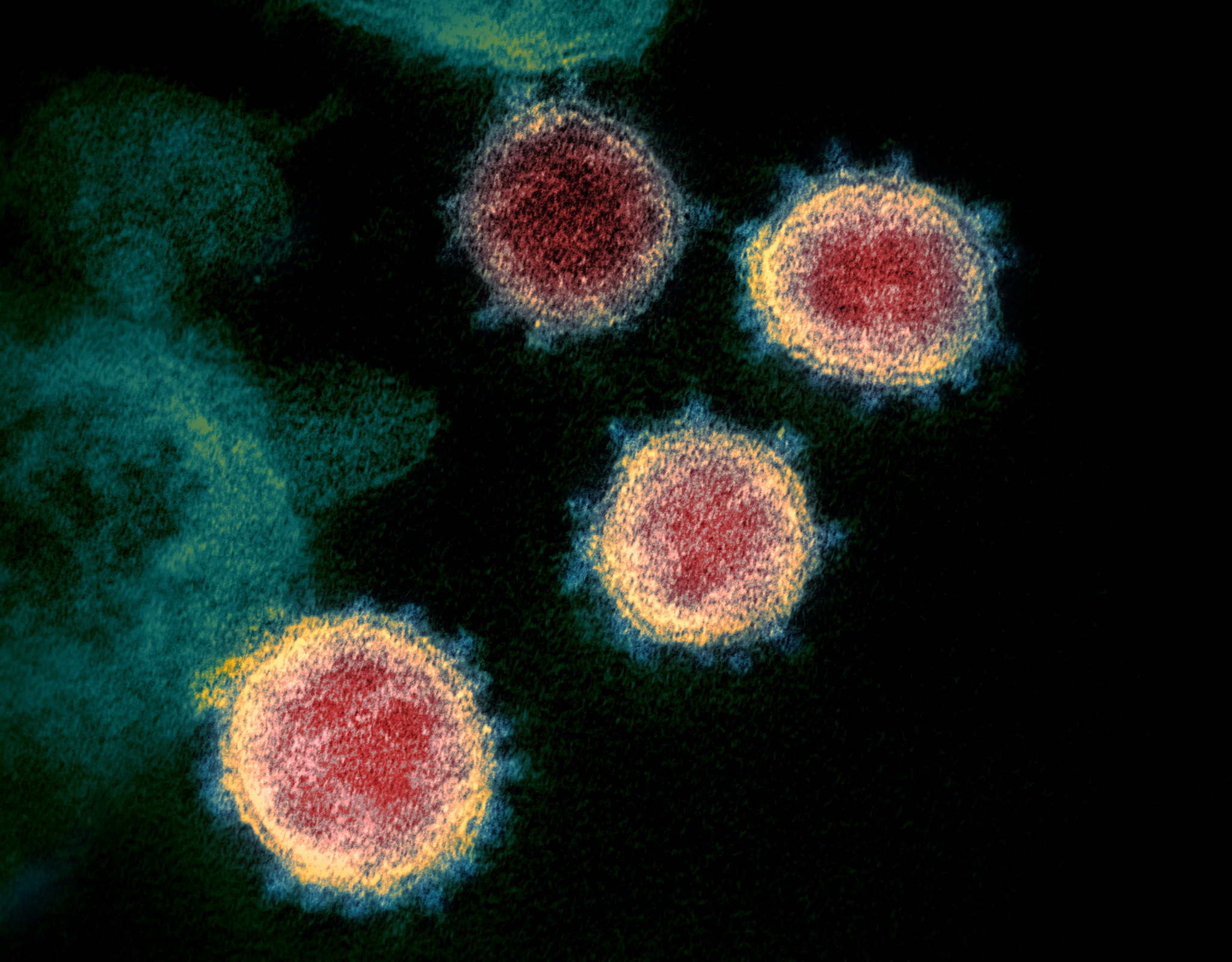COVID-19 could cause surge in virtual trials, says Vertex expert

The COVID-19 crisis is causing a surge in interest in ‘virtual trials’ where the bulk of the data is collected using digital technology and often from a patient’s own home, a conference heard.
According to Veeva’s 2020 European R&D Summit, pharma research was already heading down this route prior to the crisis thanks to improvements in technology, and the popularity of mobile devices within society.
Pfizer was one of the pioneers of virtual trials as long ago as 2011, but since then the proliferation of digital technology has made them easier to conduct for sponsors, and more appealing for patients.
Vikas Gulati, executive director of data management and metrics for Vertex Pharmaceuticals, told the conference that the COVID-19 pandemic has forced the industry to rethink the way it conducts R&D.
Virtual trials allow the collection of clinical data in a way that is safe for both patients and clinicians, preventing unnecessary contact between individuals that could unwittingly spread the SARS-CoV-2 virus that causes COVID-19.
Gulati told the conference, which was held virtually because of the pandemic: “COVID-19 is speeding up activities and we are doing more and more virtual trials. By the middle of next year more people will be doing virtual trials.”
This is particularly important for Vertex, which is heavily involved in research about cystic fibrosis, which primarily affects the lungs and makes those with the condition particularly susceptible to respiratory infections such as COVID-19.
Gulati said Vertex is already looking for companies to work with on virtual clinical trials.
He added that Vertex has been using standardised data principles such as transfer standards and validation rules to reduce the “build time” taken to put together early stage trials.
Cutting development time has been another priority since COVID-19 began to spread at the beginning of the year.
Feature image courtesy of Rocky Mountain Laboratories/NIH












